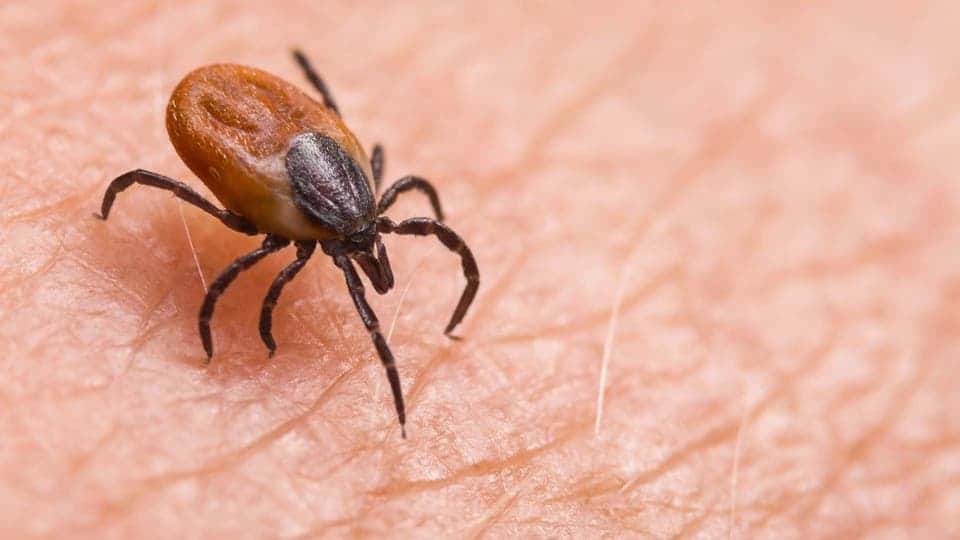Ten ways to increase oxygen in the body

Ten ways to increase oxygen in the body
Ten ways to increase oxygen in the body
Sometimes, due to changing environmental conditions such as a cold winter season or physiological challenges such as running or climbing stairs quickly, breathing may be affected causing low oxygen levels and thus physical and mental performance can decrease.
Low levels of oxygen in the blood can cause symptoms such as headache, chest pain, dizziness and confusion. A doctor should be consulted immediately if the person is having trouble breathing for a longer period.
A report published by the Boldsky website states that there are many ways that help to naturally increase oxygen levels in the blood and help to stay healthy and improve rates of physical and mental performance, as follows:
1. Exercising
Regular exercise can help keep the lungs healthy and improve oxygen levels. ACBT, which contains a combination of breathing exercises, helps loosen mucus or phlegm from the lungs, expands the chest and promotes good breathing to improve oxygen levels in the body. Regular physical activities such as walking and swimming also contribute to better lung health and blood circulation.
2. Drink enough water
Water contains dissolved oxygen. And when drinking water, it helps to provide oxygen to the cells of the body and improve their performance levels. Running water contains more oxygen than standing water in ponds or lakes. Also, caffeinated drinks such as coffee can lead to dehydration and thus lower oxygen levels. Experts recommend drinking about eight glasses of water a day.
3. Eat iron-rich foods
Iron helps manufacture the protein hemoglobin found in red blood cells that gives blood its red color and helps carry oxygen throughout the body. Iron-rich foods such as organ meats, broccoli, seafood, beetroot, green beans, and cabbage can help increase the number of hemoglobin in red blood cells and allow maximum oxygen to be transported to the cells of the body.
4. Avoid staying in poorly ventilated areas
Poorly ventilated areas, with small windows and doors, can reduce the entry of fresh air into the home and expel polluted air outside. Increased levels of dust, cooking smells, moisture, and other air pollutants can also reduce the amount of oxygen in the home air. The problem can be solved by installing an appropriate ventilation system in the house to improve the absorption of oxygen in the lungs.
5. Planting indoor plants
Some indoor air-purifying plants such as aloe vera, bamboo palm, and English ivy can help detoxify the air by absorbing carbon dioxide and releasing oxygen. These indoor plants help metabolize some toxic chemicals and release harmless by-products, in addition to absorbing heavy metals in their tissues and reducing their levels in the air, effectively contributing to providing cleaner air with quality and improving the respiratory health of residents in the home.
6. Breathing exercises
According to the American Lung Association, the lungs have a total capacity of about six liters, as they expand to trap the air that is inhaled and the amount of air they carry varies from person to person. Certain exercises such as diaphragm breathing or lip breathing can help increase the lung capacity for better exchange of oxygen and carbon dioxide and, in turn, help improve oxygen levels naturally.
7. Good body positions
Postures are very important when it comes to breathing in more air. Some of the best positions for improving breathing include sitting in a reclined position, standing with hands on a table below shoulder height, and sleeping sideways with pillows between the legs and head elevated with pillows. Regularly following these poses can help reduce shortness of breath problems.
8. Quit smoking
Habits such as smoking can increase the risk of respiratory problems such as asthma, bronchitis and lung cancer and may lead to low levels of oxygen in the bloodstream. Therefore, it is important to quit smoking to maintain oxygen levels and promote good health.
9. Antioxidants
Antioxidants, although not directly increasing oxygen levels in the blood, help scavenge free radicals and reduce damage to living cells for normal cellular function. That is why eating foods rich in antioxidants helps in improving cellular functions and oxygen uptake by cells, thus improving oxygen levels in the body.
10. Fresh air
One of the best ways to naturally increase oxygen levels is to get fresh air directly by opening the windows, getting up early in the morning and taking a walk, or simply by staying active throughout the day.






